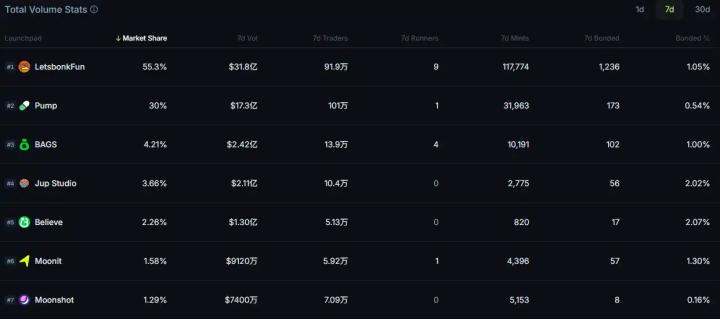Indonesia Considers Incorporating Bitcoin into National Reserve Fund to Boost Economic Growth.
The Indonesian government is seriously considering using Bitcoin as a national reserve asset – a move that could mark a significant turning point in the country's economic strategy. According to a share from Bitcoin Indonesia on the social platform X (formerly Twitter), the organization had a direct meeting with the Indonesian Vice President's office to present the potential of Bitcoin in promoting long-term economic growth.
Bitcoin Indonesia stated: "We were invited to the Vice President's office to present how Bitcoin can benefit the nation. A bold idea was discussed: Using Bitcoin mining as part of the national asset reserve strategy." The organization further emphasized: "Yes, Indonesia is truly considering how Bitcoin can strengthen long-term economic power."
Indonesia is currently the fourth most populous country in the world with over 280 million people and an estimated Gross Domestic Product (GDP) of around 1.4 trillion USD, ranking 16th globally. This provides significant potential for implementing a strategy to leverage Bitcoin as a strategic asset.
During the presentation with senior advisors from Vice President Gibran Rakabuming Raka's office, Bitcoin Indonesia proposed utilizing the country's abundant renewable energy resources – especially hydroelectric and geothermal power – to develop Bitcoin mining activities. This strategy would not only help economic growth but could also create thousands of jobs, as demonstrated in countries already adopting similar models.
A notable part of the presentation was the group's reference to Michael Saylor's Bitcoin price forecast – co-founder of MicroStrategy. According to this, Saylor predicts Bitcoin's price could reach 13 million USD by 2045 in the base scenario, and up to 49 million USD in a strong market growth scenario.
Additionally, Bitcoin Indonesia also emphasized the importance of enhancing community education about Bitcoin – a key factor in promoting the acceptance of this digital asset in Southeast Asian countries. A representative from the Vice President's office was reportedly in agreement with this perspective, stating: "Indonesia in the future needs to continue to promote Bitcoin education."
Globally, Bitcoin is increasingly being viewed by countries as a strategic reserve asset to counter rising public debt-to-GDP ratios and inflation risks. However, in Indonesia's case, public debt remains low, at around 39%, and inflation as of January 2025 is well-controlled at 0.76%.
While researching the use of Bitcoin as part of its economic strategy, Indonesia is implementing policies that are not particularly crypto-market friendly. Specifically, the country allows cryptocurrency trading but prohibits using them as payment methods.
Last Friday, Indonesia's Ministry of Finance issued a policy increasing taxes on cryptocurrency trading and mining activities. Income tax from trading on domestic exchanges increased from 0.1% to 0.21%. For foreign exchanges, this tax increased fivefold, from 0.2% to 1%. Simultaneously, the Value Added Tax (VAT) for cryptocurrency mining activities doubled from 1.1% to 2.2%.
The simultaneous tightening of tax policies while considering incorporating Bitcoin into the national reserve strategy shows that Indonesia is in a "measuring" policy stage – a cautious approach that could pave the way for significant changes in the near future.








